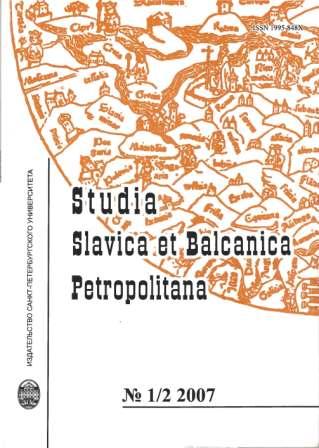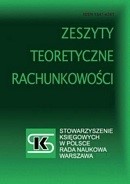
«Authentic? Not authentic? Not authentic, again!»: Edward L. Keenan, Josef Dobrovsky and the origins of the Igor' Tale
«ПОДЛИННИК? ПОДДЕЛКА? ОПЯТЬ ПОДДЕЛКА!»: ЭДВАРД КИНАН, ЙОЗЕФ ДОБРОВСКИЙ И ПРОИСХОЖДЕНИЕ «СЛОВА О ПОЛКУ ИГОРЕВЕ»
Keywords: the Igor' Tale (Slovo o polku Igoreve); Josef Dobrovsky; A. I. Musin-Pushkin; Edward Keenan; Zadonshchina; Old Russian literature
In the article the arguments of Edward Keenan, an American scholar who considers the Igor' Tale (Slovo o polku Igoreve) to be the 18th century imitation, are examined and critically analysed. Keenan's hypothesis that the Igor' Tale was written by Czech scholar Josef Dobrovsky is subjected to criticism. The author of the article considers Zadonshchina to be the secondary monument in relation to the Igor' Tale and produces arguments in favor of the latter's authenticity.
More...
